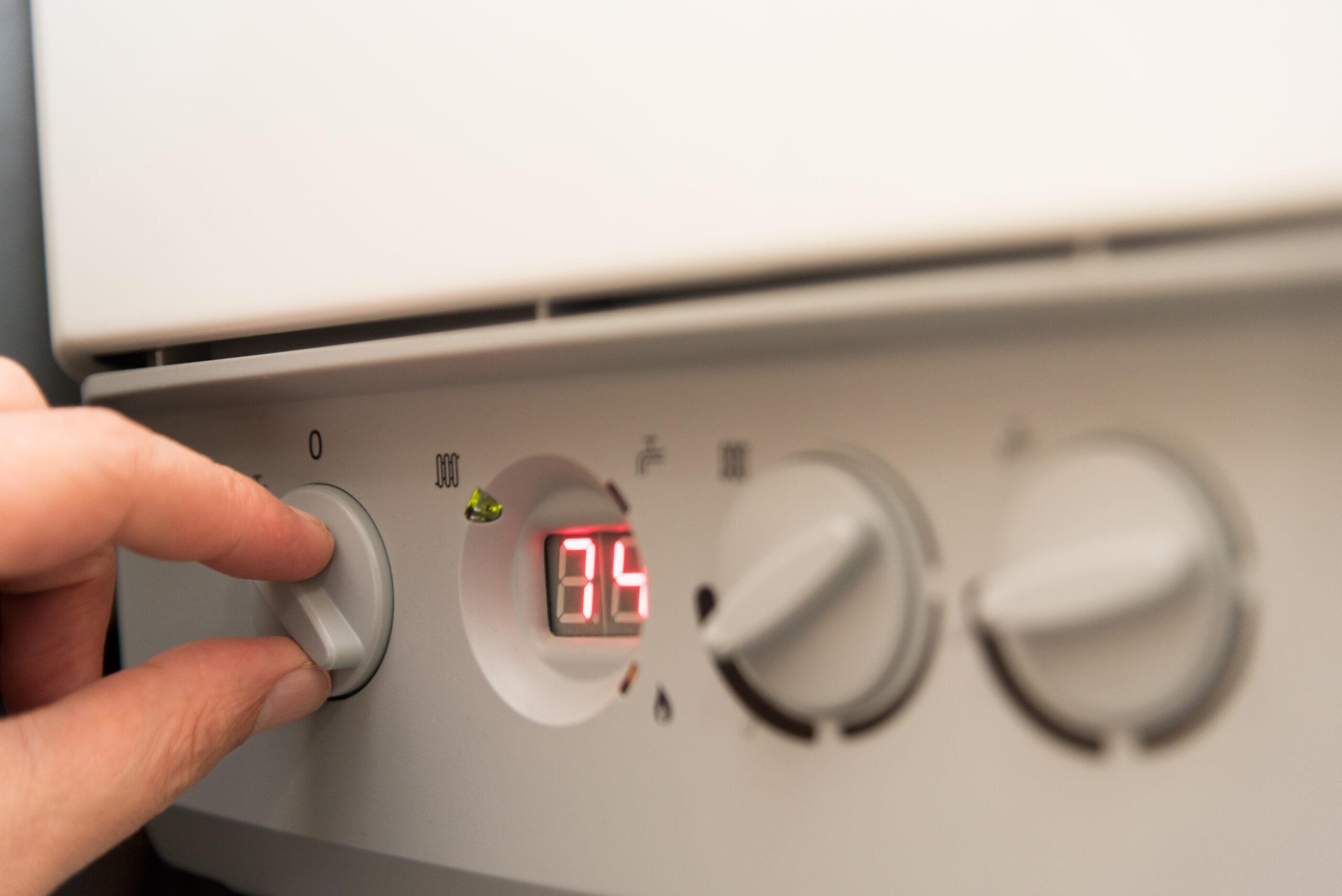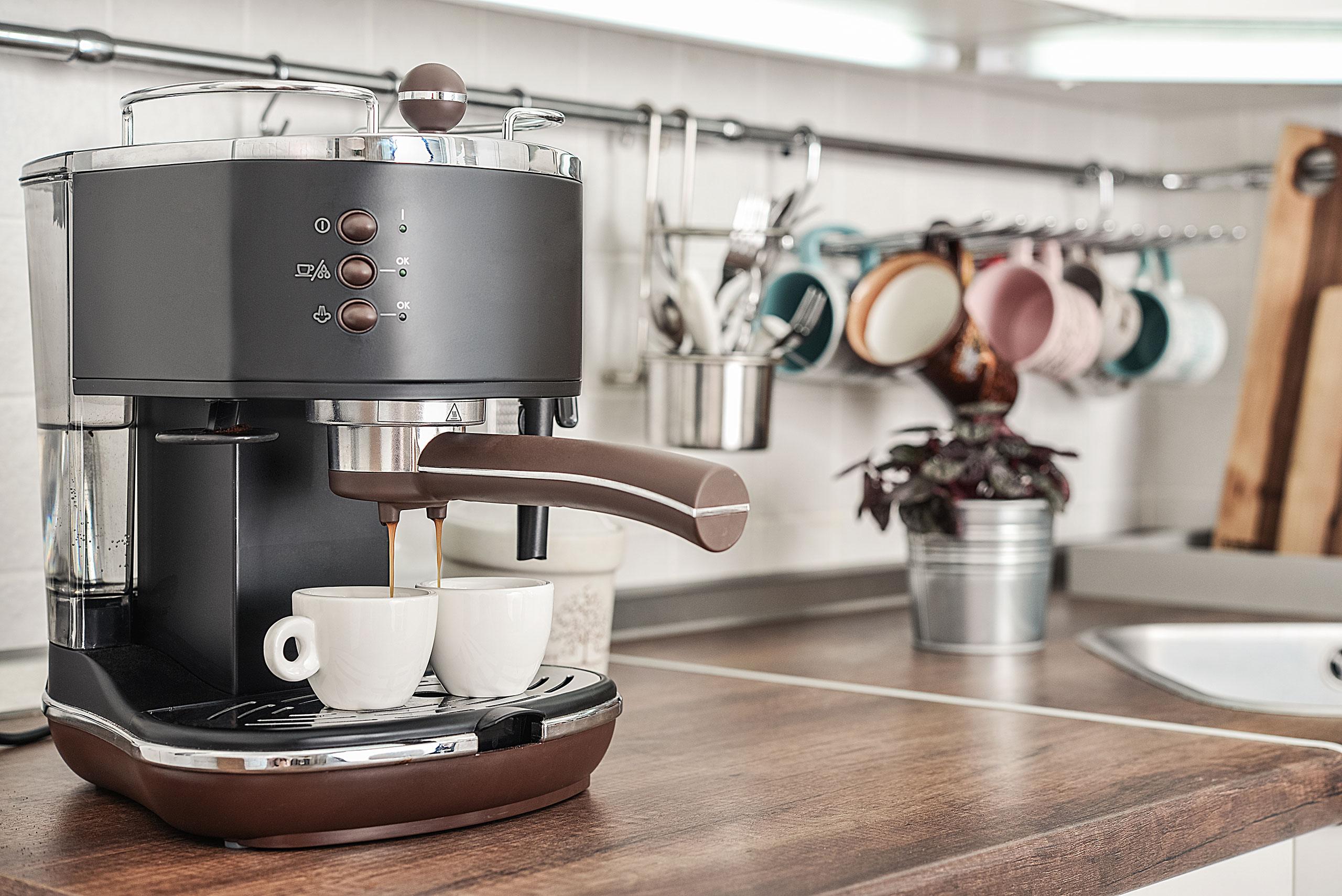
It is important to be aware of how you can reduce your household bills as the cost of living continues to rise. In this helpful guide from the Harvey Water Softener experts, discover ways to cut your water, heating, and electric bills.
How to reduce your household water bills
Below are our suggestions on how you can effectively reduce your water bill. If you’re curious about the water consumption of the average household, read more about it on our blog.
1. Check your pipes and taps
Make sure you check for any leaks or dripping taps and seek to repair them as soon as possible. It’s usually just a case of renewing a washer or replacing the tap. It may look like a small drip from time to time, but over the course of a few months, this can add up quite significantly and increase your water bill.
2. Never leave taps running
When shaving, fill the sink with water rather than leaving the tap running. When brushing your teeth, turn the tap off completely until you are ready to rinse your mouth out. These simple changes to your everyday routine could have a big impact on your water bill.

3. Use an eco-flush on your toilet
Many water companies around the UK supply free and easy to install devices that can help reduce the amount of water every time you flush. Check out your local water provider to see if this is something you could add to your toilet.
Water companies in the UK depend on the region in which you live. They are as follows:
- Anglian Water
- Dŵr Cymru
- Hafren Dyfrdwy
- Northumbrian Water
- Severn Trent Water
- South West Water
- Southern Water
- Thames Water
- United Utilities Water
- Wessex Water
- Yorkshire Water
4. Reduce your household bills by installing a water softener
If you live in a hard water area, a water softener could be the perfect solution. You’ll find that soaps, cleaning solutions, body gels, and shampoos will work better and last longer with softer water. You’ll also save money on maintenance and repairs to your water and heating system by eliminating the build-up of limescale that comes with hard water.
5. Buy a bowl
Always use a bowl in the kitchen sink rather than leaving your tap on and running. That way you save water while preparing vegetables or rinsing plates.
6. Use your dishwasher
By using a dishwasher nightly instead of ten minutes of handwashing, you can save more than 100 gallons of water weekly. Running a dishwasher with soft water provides additional savings as it works efficiently with simple liquid tablets or dishwasher powder – no need for dishwasher salt or rinse aid.
7. Fill the washing machine
Wait until you have a full load for the washing machine. This will use less water than washing a few things at a time in separate batches. Just make sure you check what the maximum load capacity is for your machine, and remember this is for when your clothes are wet, and therefore heavier. Combining whites and colours by using colour and dust sheets or colour catchers can reduce 3 loads to just 1.
Always make sure your washing machine is clean, and descaled – which will help it run more efficiently.
If you’d like more information on making sure your washing machine is working as efficiently as possible, check out our washing machine cleaning guide.
8. Opt for a shower rather than a bath
Instead of having a bath, why not have a shower? Making this small change could save you around 18 litres of water over eight minutes. According to Southern Water, switching from baths to showers can save you around £60 a year, and if you spend a minute less in the shower you can add another £10 to your annual saving.

These small changes can go a long way to reducing your water bill cost. Next, here’s some advice about reducing gas bills.
How to reduce your household gas bills
Taking steps to reduce your household bills should also include your gas consumption, especially as rises have increased considerably over the course of 2022. Here are a few ways you can cut back and save money.
1. Lower your thermostat
You don’t want to be walking around the house in a T-shirt during the winter months. Wear something warm and reduce the heating temperature by turning down your thermostat.
Moneysavingexpert.com says you can save around £65 a year for every degree you reduce. That means turning your heating down from 25C to 19C could save you around £32.50 a month.
2. Check your insulation
Firstly, make sure your loft insulation has the recommended depth. Currently it is between 250mm and 270mm. Poor insulation can result in 35% of heat being lost through the roof of your home.
3. Check your walls
Do you have cavity wall insulation? A company specialised in this area can check to see if you have it. If not, they can give you a quote which will help reduce further heat loss. Next, see if you can insulate your floors. Floorboards can be insulated using mineral wool below them and concrete floors can have PIR boards laid over the concrete.
4. Check windows and doors for gaps
Consider investing in double-glazing (or even triple-glazing) if you don’t already have it. You can further reduce heat loss from windows by installing insulating interior window shutters. Gaps at the bottom of doors can be fixed by installing a draught excluder or even buying a decorative draught excluder from your local home store. Use a keyhole with a flap that covers it when not in use and buy a brush or flap for your letterbox.
5. Control your radiators
Help reduce your household bills by turning radiators down or completely off in rooms you don’t use (the conservatory in winter for instance) and close the door. Most radiators now have thermostats so you can change the temperature manually from the radiator itself. You can also buy a SMART thermostat to control your heating from your mobile phone.

6. Maintain or replace your gas boiler
It is very important to make sure your boiler is running efficiently. You can get yearly maintenance boiler service plans from most energy providers.
If your boiler is old, then consider a replacement with a better energy value – the initial investment can be recouped through improved energy efficiency. You could save up to 30% on your heating bill with a new boiler which could cost you between £600 and £2,500 depending on the model and ease of fitting.
7. Turn your water temperature down
The water coming out of your tap should be 50 degrees Celsius. Lowering the temperature to 50 degrees Celsius from, for example, 60 will give you a saving of around £40.00 a year or £4.00 a year for every degree you drop.
Most boilers will allow you to reduce the temperature of the water flowing to your taps and your radiators.

These changes could help you reduce your gas bill significantly. Next up are our suggestions on reducing your electricity costs.
How to reduce your household electricity bills
The cost of electricity has skyrocketed in recent months. Below you’ll discover ways to reduce your electricity consumption, then read on.
1. Watch your lights
Turn lights off when you come out of a room and use LED light bulbs. Switching from traditional bulbs could save you between £4 and £13 a year.

2. Don’t leave electronics on stand-by
The Energy Savings Trust states that you can save around £55 a year just by fully turning devices off (at the wall) instead of leaving them on stand-by.
3. Reduce the temperature of your washing machine
Try and reduce the number of times you use your machine in a week. When you do, put it on a lower temperature if you can. There is a large range of low temperature laundry detergents and softeners specially formulated to perform well at lower temperatures. Using a 30-degree cycle could save you about £28 a year, and it’s better for the environment too!
4. Use curtains and blinds to save heat
Another way to reduce household bills is to use the boiler as little as possible. Your boiler uses electricity as well as gas, so the more times it’s on and heating up your water, the more electricity it will be using. During the winter, open your blinds in the daytime to allow the sun to heat up the room and keep them closed during colder weather to retain heat. Insulated interior window shutters can save your home from further heat loss.
5. Don’t overfill your kettle
Avoid filling up a kettle to capacity and only use what you need. The Energy Trust says buying an eco-kettle (that only boils what you need) or not overfilling it can save you as much as £11 a year. There also a number of smart taps available that allow boiling water on demand, freeing up time and counter space.

6. Get rid (or limit the use) of the tumble dryer
You can dry your clothes on a line outside or use racks to dry them indoors. It costs around 4p a cycle to run a dryer, which doesn’t sound like a lot but definitely adds up over multiple weekly cycles.
7. Don’t use the dishwasher until it’s full
Like a washing machine, it isn’t energy efficient to use your dishwasher if it’s not full. It might mean you need more cutlery and plates, but it could save you money out of the £60 to £80 a year it costs to run a standard dishwasher.
And there you have it – 22 helpful tips to help reduce your household bills. If you’d like to learn more about installing a water softener in your home, get in touch with our team of experts today.


